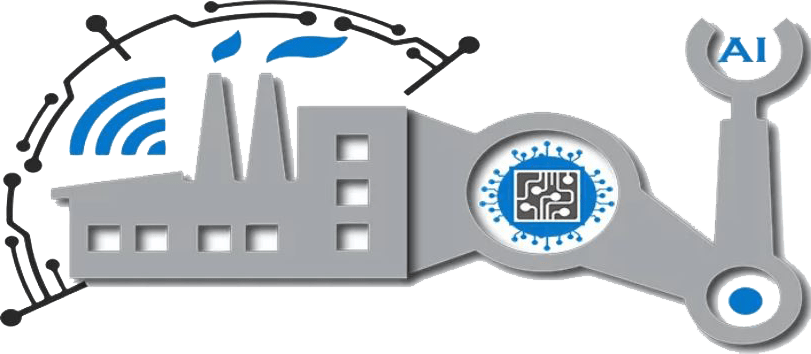Industry 5.0 represents the next evolution in industrial operations, characterized by the convergence of advanced technologies to create smarter, more sustainable, and human-centric manufacturing environments. Among the key emerging technologies driving this transformation are 5G, artificial intelligence (AI), augmented and virtual reality (AR/VR), and sustainable manufacturing practices. These technologies are set to redefine industrial processes, offering new trends and opportunities for future growth.
Highlight Applications of 5G, AI, AR/VR, and Sustainable Manufacturing Practices
5G Technology
The deployment of 5G networks is revolutionizing industrial operations by providing ultra-fast, reliable, and low-latency connectivity. In manufacturing, 5G enables real-time data transfer and communication between machines, sensors, and systems, facilitating seamless integration and automation. This connectivity enhances the efficiency of production lines, allows for real-time monitoring and control, and supports the implementation of advanced IoT applications. Additionally, 5G supports the use of autonomous robots and vehicles in industrial environments, improving operational efficiency and safety.
Artificial Intelligence (AI)
AI is a cornerstone of Industry 5.0, offering powerful tools for data analysis, predictive maintenance, quality control, and process optimization. AI algorithms can analyze vast amounts of data to identify patterns and anomalies, enabling predictive maintenance that reduces downtime and extends equipment life. In quality control, AI-powered systems can detect defects with high accuracy, ensuring consistent product quality. AI also optimizes supply chain operations by predicting demand, managing inventory, and improving logistics. Overall, AI enhances decision-making, increases efficiency, and drives innovation in industrial processes.
Augmented and Virtual Reality (AR/VR)
AR and VR technologies are transforming how industrial training, maintenance, and design are conducted. In training, AR/VR provides immersive and interactive experiences, allowing workers to practice complex tasks in a virtual environment before applying them in the real world. This improves skill acquisition and safety. In maintenance, AR can overlay digital information onto physical equipment, guiding technicians through repair procedures and reducing downtime. VR is also used in design and prototyping, enabling virtual simulations of products and processes, which accelerates development cycles and reduces costs.
Sustainable Manufacturing Practices
Sustainable manufacturing is a key focus of Industry 5.0, driven by the need to reduce environmental impact and improve resource efficiency. Emerging technologies support sustainable practices by optimizing energy use, reducing waste, and promoting circular economy principles. AI and IoT enable real-time monitoring and optimization of energy consumption and emissions, ensuring compliance with environmental regulations. Additive manufacturing, or 3D printing, reduces material waste and allows for the creation of complex, lightweight structures that improve energy efficiency. Sustainable materials and processes are also being developed to minimize the ecological footprint of manufacturing activities.
Providing Insights into Future Trends and Opportunities in Industry 5.0
The integration of 5G, AI, AR/VR, and sustainable manufacturing practices is paving the way for several future trends and opportunities in Industry 5.0:
- Increased Automation and Connectivity: The combination of 5G and AI will drive higher levels of automation and connectivity, enabling the development of fully autonomous and self-optimizing industrial systems.
- Enhanced Human-Machine Collaboration: AR and VR will enhance collaboration between humans and machines, allowing workers to leverage digital tools for improved productivity and safety.
- Sustainable Innovation: The focus on sustainability will drive the adoption of eco-friendly technologies and practices, promoting the development of green manufacturing solutions and circular economy models.
- Personalized and Customizable Production: AI and advanced manufacturing technologies will enable the production of highly personalized and customizable products, meeting the evolving demands of consumers.
- Resilient and Agile Supply Chains: The integration of AI and IoT will enhance the resilience and agility of supply chains, allowing businesses to respond quickly to disruptions and changes in demand.
In conclusion, the emerging technologies of 5G, AI, AR/VR, and sustainable manufacturing practices are set to transform Industry 5.0. These advancements will drive significant improvements in efficiency, sustainability, and human-centric operations, opening up new opportunities for innovation and growth in industrial sectors. As these technologies continue to evolve, they will play a crucial role in shaping the future of manufacturing and industrial processes.





